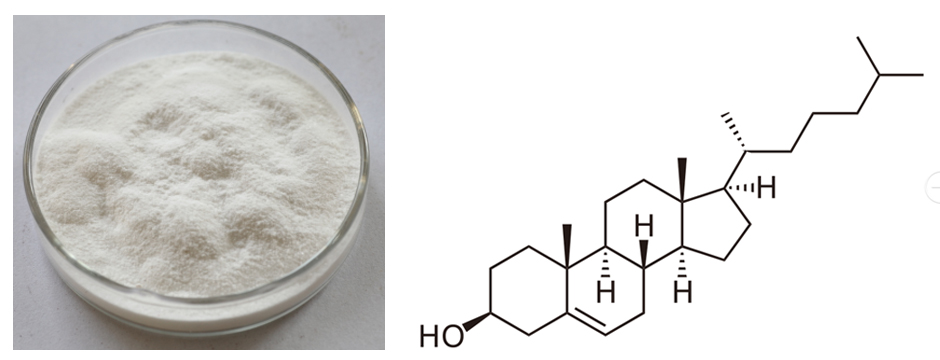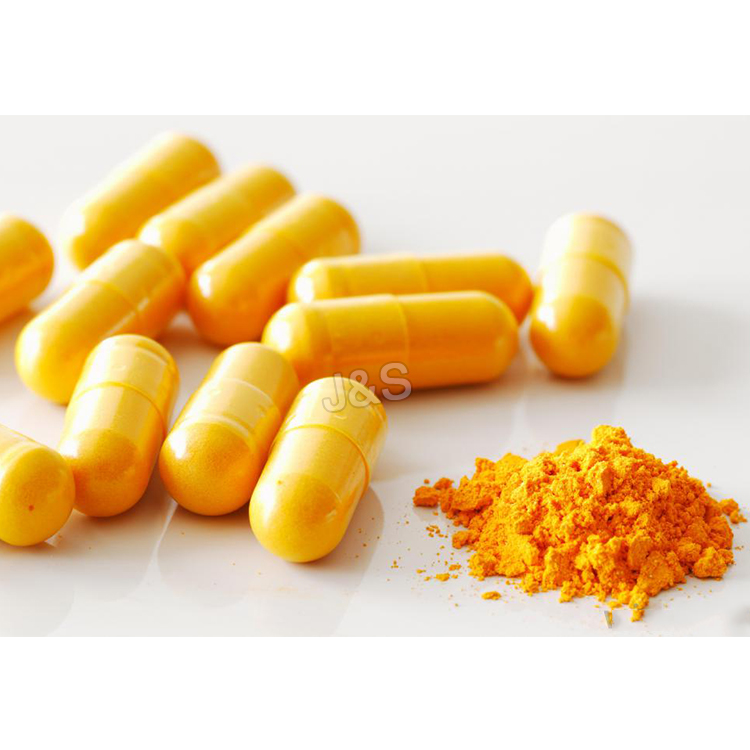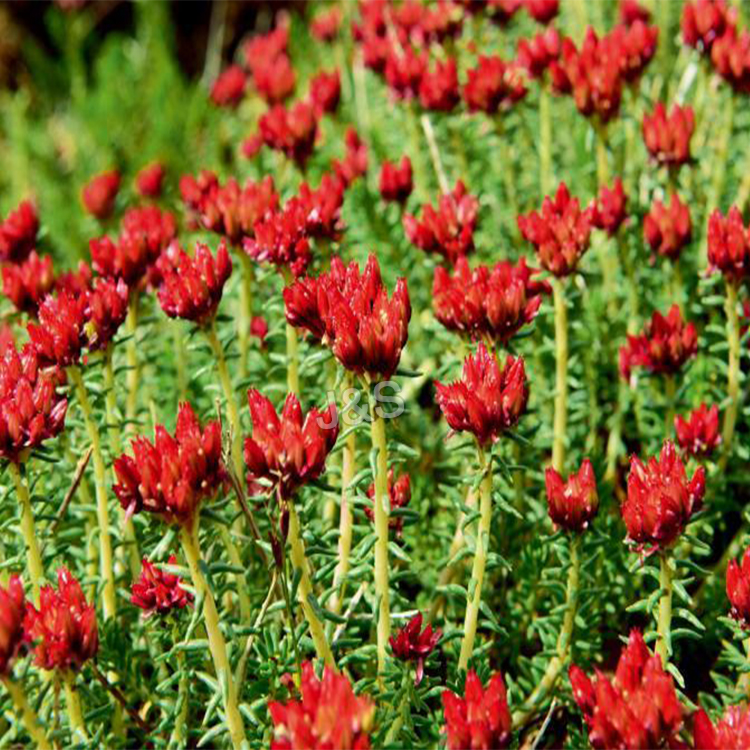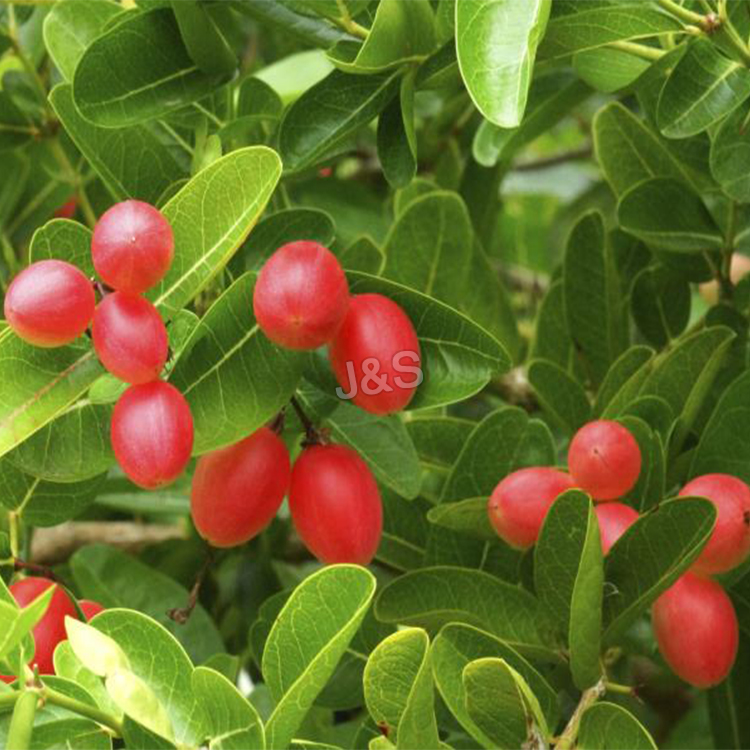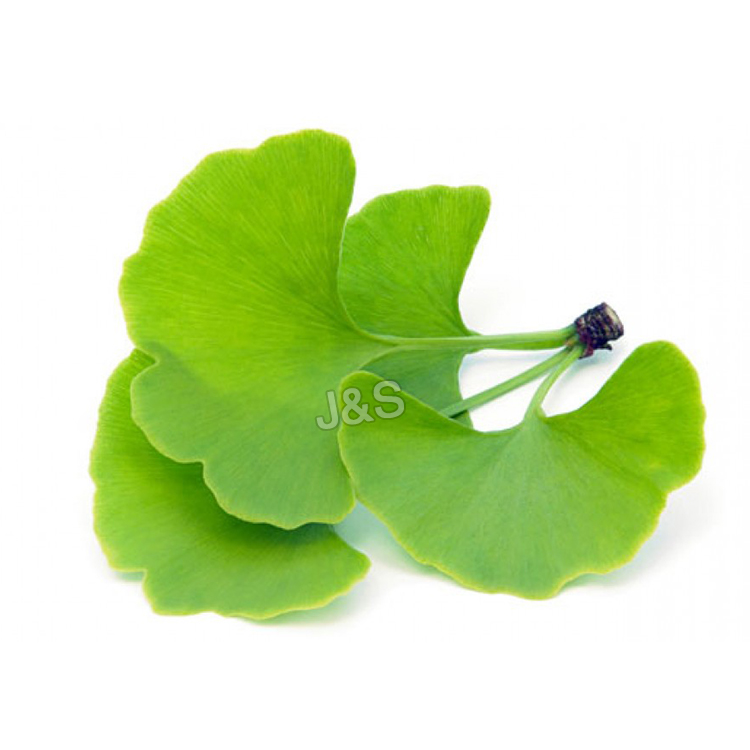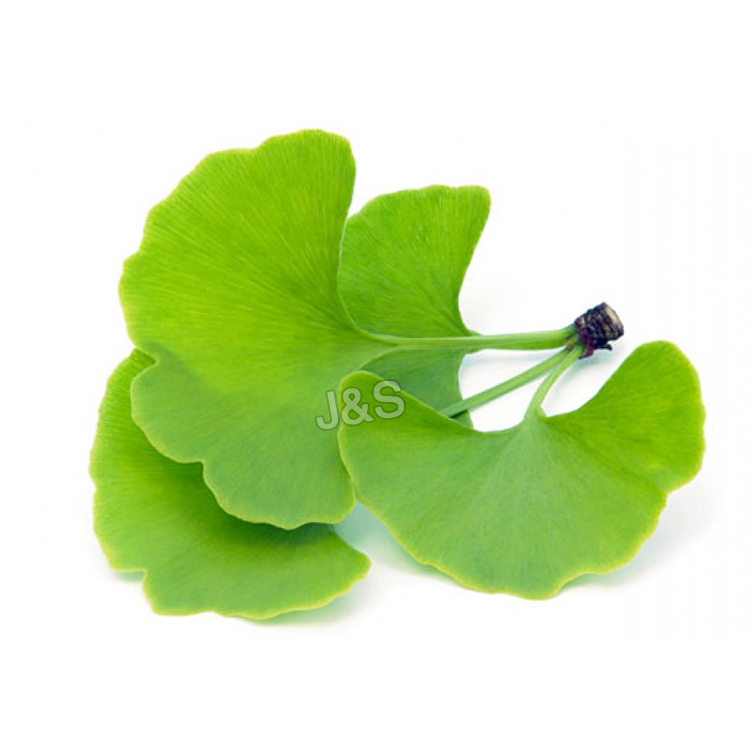14 Years Manufacturer Phytosterol Factory for Algeria
14 Years Manufacturer Phytosterol Factory for Algeria Detail:
[Latin Name] Glycine max(L.) Mere
[Specification] 90%; 95%
[Appearance] White powder
[Melting point] 134-142℃
[Particle size] 80Mesh
[Loss on drying] ≤2.0%
[Heavy Metal] ≤10PPM
[Storage] Store in cool & dry area, keep away from the direct light and heat.
[Shelf life] 24 Months
[Package] Packed in paper-drums and two plastic-bags inside.
[Net weight] 25kgs/drum
[What is Phytosterol?]
Phytosterols are compounds found in plants that resemble cholesterol. The National Institutes of Heath report that there are over 200 different phytosterols, and the highest concentrations of phytosterols are found naturally in vegetable oils, beans and nuts. Their benefits are so recognized that foods are being fortified with phytosterols. At the supermarket, you may see orange juice or margarine advertising phytosterol contents. After reviewing the health benefits, you may want to add phytosterol-rich foods to your diet.
[Benefits]
Cholesterol-Lowering Benefits
The most well-known, and scientifically proven, benefit of phytosterols is their ability to help lower cholesterol. A phytosterol is a plant compound that is similar to cholesterol. A study in the 2002 issue of “Annual Review of Nutrition” explains that phytosterols actually compete for absorption with cholesterol in the digestive tract. While they prevent the absorption of regular dietary cholesterol, they themselves are not easily absorbed, which leads to a total lower cholesterol level. The cholesterol-lowering benefit does not end with a good number on your blood work report. Having lower cholesterol leads to other benefits, such as a reduced risk for heart disease, stroke and heart attacks.
Cancer Protection Benefits
Phytosterols have also been found to help protect against the development of cancer. The July 2009 issue of the” European Journal of Clinical Nutrition” offers encouraging news in the fight against cancer. Researchers at the University of Manitoba in Canada report that there is evidence that phytosterols help prevent ovarian, breast, stomach and lung cancer. Phytosterols do this by preventing the production of cancer cells, stopping the growth and spread of cells that are already in existence and actually encouraging the death of cancer cells. Their high anti-oxidant levels are believed to be one way phytosterols help fight cancer. An anti-oxidant is a compound that fights free radical damage, which is negative effects on the body produced by cells that are unhealthy.
Skin Protection Benefits
A lesser known benefit of phytosterols involves skin care. One of the contributing factors in the aging of the skin is the breakdown and loss of collagen — the main component in connective skin tissue — and sun exposure is a major contributor to the problem. As the body ages, it is not able to produce collagen as it once did. The German medical journal “Der Hautarzt” reports a study in which various topical preparations were tested on skin for 10 days. The topical treatment that showed anti-aging benefits to the skin was the one that contained phytosterols and other natural fats. It is reported that phytosterols not only stopped the slow-down of collagen production that can be caused by the sun, it actually encouraged new collagen production.
Product detail pictures:
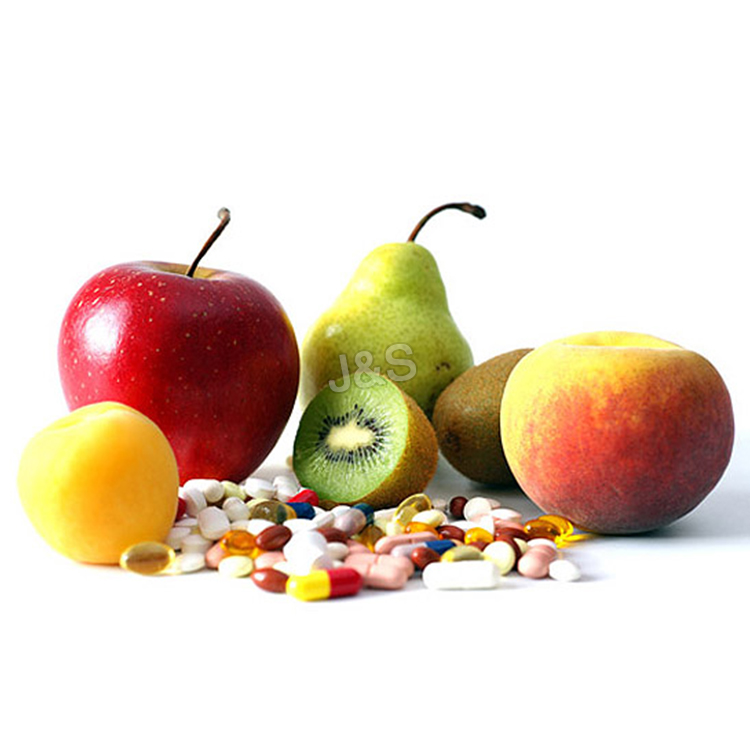
Related Product Guide:
14 Years Manufacturer Phytosterol Factory for Algeria , The product will supply to all over the world, such as: , , ,
I was very proud of making the longest chain in my clasd
In 2009 the US FDA approved two versions of a new sweetener developed for Coca-Cola and Pepsi, Truvia and PureVia, both of which use rebiana—an extract from the South American plant Stevia. Truvia has just hit the market in Great Britain supported by gigantic public relations celebrations that would do an aspiring politician proud. Stevia, in its natural state, is the best no-calorie health-supporting natural sweetener on the planet. Here is what you should know:
1. Truvia is NOT Stevia.
2. I advise that you avoid it.
Like every plant which has long been used as a food source, Stevia is a complex of synergistic substances and compounds including numerous steviosides, rebaudiosides, and glycosides. It is this synergistic power that creates its unique benefits including its anti-oxidant properties. When the FDA declared that these two manufactured zero-calorie sweeteners were “generally recognized as safe” (GRAS) it referred only to a couple of the active ingredients taken from Stevia that had been used in manufacturing including rebaudioside A—a component which imparts to the natural Stevia plant some of its sweet taste.
What takes place when you extract only one or two of a plant’s parts and throw away the rest? Does the product you make out of this affect your body the same way as the natural plant? Virtually never. In The Toxicology of Rebaudioside A: A Review, researchers at UCLA report that a living organism metabolizes stevioside compounds and rebaudioside A at different rates. This makes it impossible to assess the potential risks to the body.
Click Here to view the Toxicology of Rebaudioside from the University of California
The company behind the development of both Truvia and PureVia is Cargill. Cargill is one of the most notorious corporate polluters in America (which Conde Nast Portfolio listed as one of the “Toxic Ten.”) Coke and Cargill have conducted their own ‘research’ into the safety of Truvia on which the FDA gave them the go ahead to sell the sweetener. However, no genuinely independent studies have been done to affirm the safety of the product.
And as even the Truvia website itself states: “While rebiana is natural and comes from a plant, it is not certified or grown organically at this time. That could happen in the future, depending on consumer demand.” How absurd. How can you claim to have invented an “all-natural” zero-cal sweetener that is not only not organically grown but which no genuinely independent studies have shown to be safe to use over time?
 By from -
By from -
 By from -
By from -
